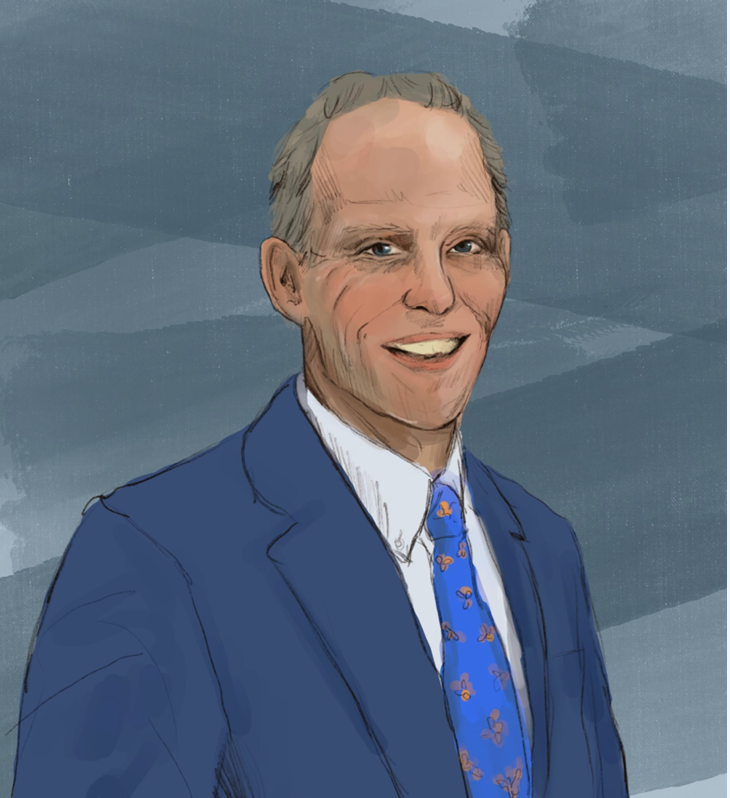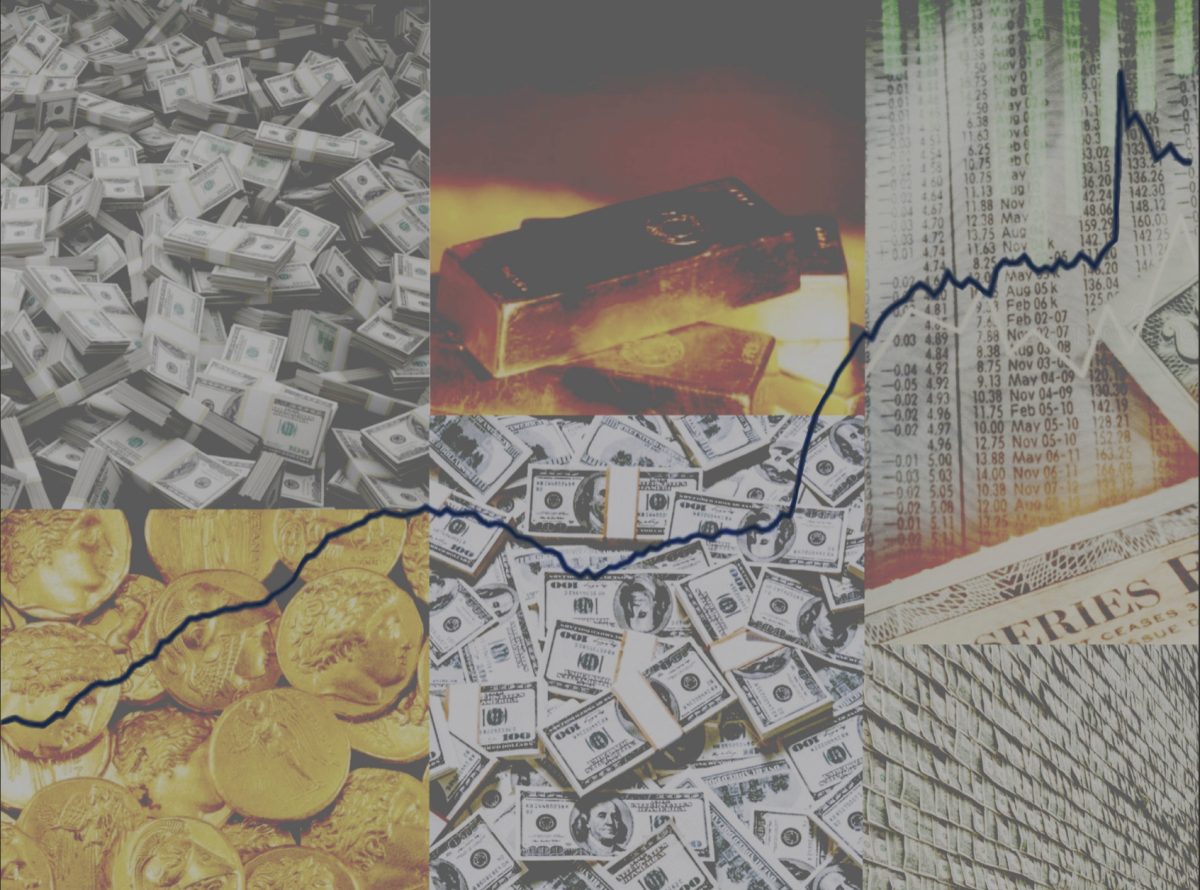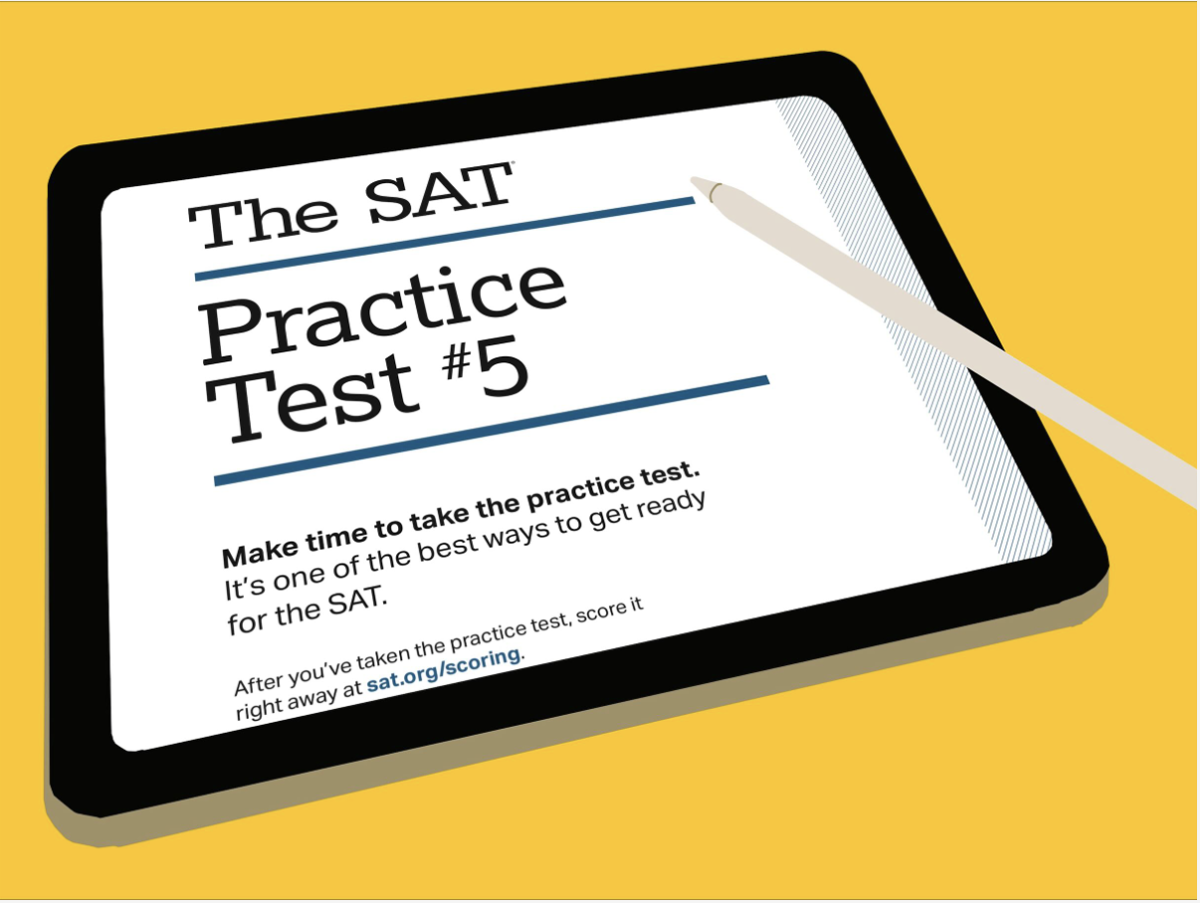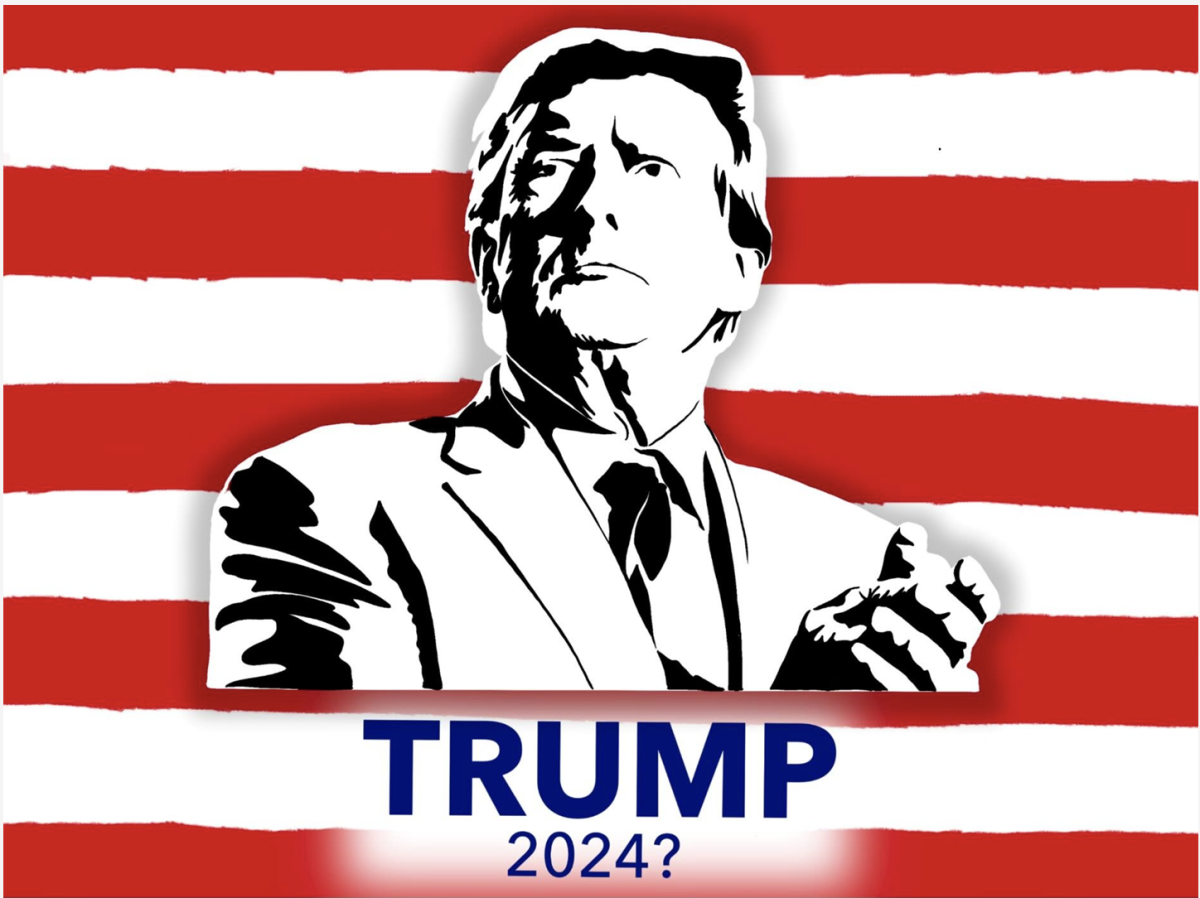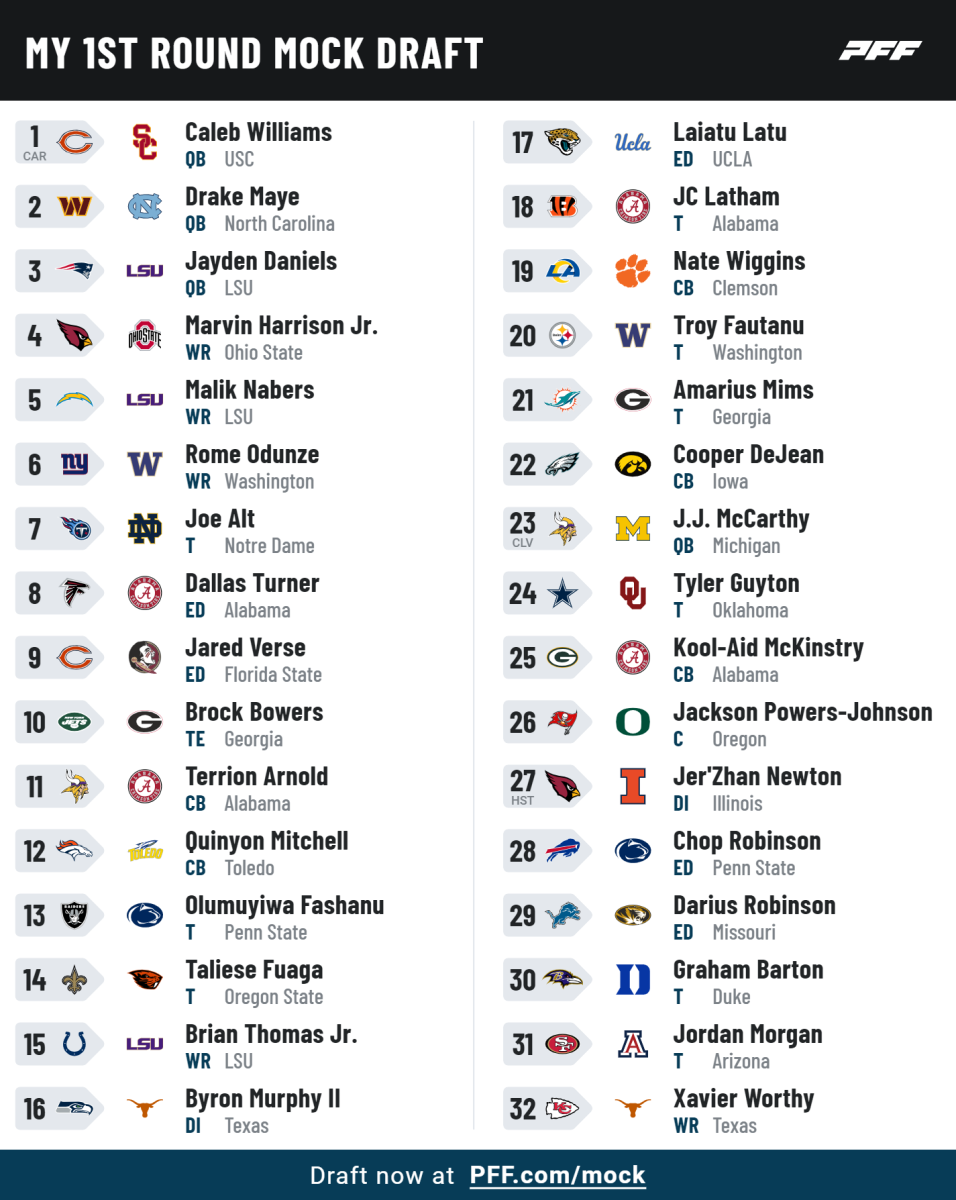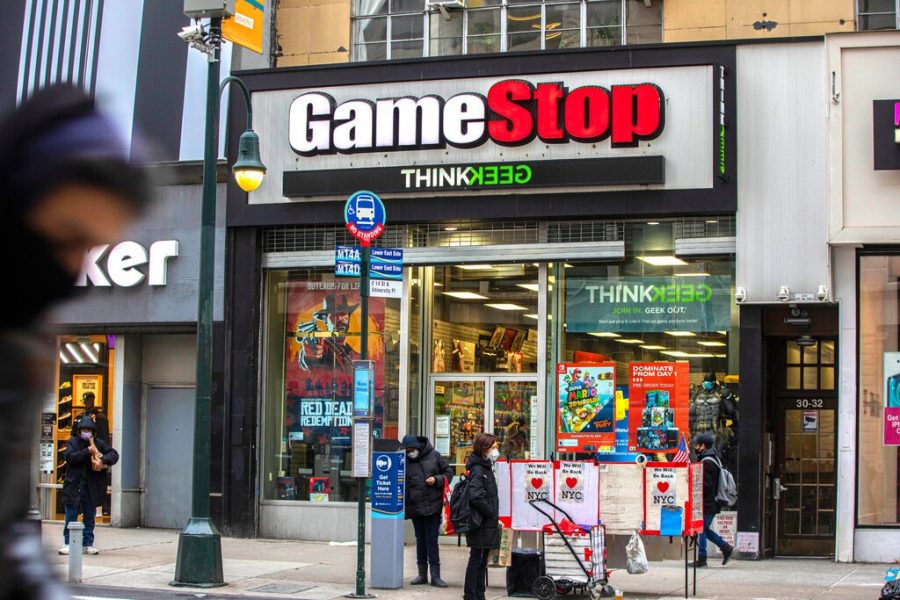ANALYSIS: What happened last week on Wall Street? Understanding the bizarre GameStop frenzy.
A GameStop near Union Square in Manhattan. Investors fueled by a forum on Reddit have pushed GameStop shares into the stratosphere and crippled short sellers. Photo by Hiroko Masuike for The New York Times
Last week, retail investors led a buying surge in heavily shorted retail stocks that cost hedge fund managers and capital firms billions of dollars in lost shorted positions. To short a stock is to bet on the price of it going down rather than up. Here is how it works:
Brett believes the share price of a particular stock is overvalued and will decrease over the next month. To capitalize on this, he borrows shares of the stock from a broker and promises to return the shares plus an interest fee of $50 one month from now. Upon obtaining the shares, he immediately liquidates them into cash by selling them back to the market. Let’s say he borrowed 10 shares at $50 per share. He no longer owns any shares, but he does have the $500 he received by selling the shares. One month later, Brett’s prediction ends up being correct, and the stock price has fallen to $20 per share. Brett then buys back the 10 shares he owes to the broker at the new price and only has to pay $200. Brett has $300 left over from this transaction, and, after returning the shares to the broker along with the $50 interest payment, he has successfully profited $250 from shorting this stock.
When groups of investors, led by Reddit forum r/wallstreetbets, began noticing a key flaw in the calculation of short interest, they saw an opportunity to capitalize and turn Wall Street on its head. As a result of this flaw in how short interest is calculated, some companies’ shares were being shorted at over 100% of their float (number of shares available for trading), which should not be possible. For example, GameStop short positions at one point made up an impossible 140% of their float. To capitalize on this flaw, investors flocked to heavily shorted stocks such as Gamestop (GME) to artificially raise the price and screw hedge funds out of their steep short positions. This movement gained so much traction that GME shares grew from $43 on Jan. 21 to $348 on Jan. 27, a 709% increase in only six days. Going off the example used earlier, let’s say Brett shorted 10 shares of GME when it was at $43 a share. Six days later, he would have the $430 from selling the shares, but it would cost him $3,480 to buy back the 10 shares he owes. Brett now owes over $3,000 that he does not have. In the case of hedge funds that shorted thousands, even millions, of GME shares, this lost amount was in the hundreds of millions.
In an attempt to steady the markets, which became extremely volatile as this was happening all last week, and lighten the blow for Wall Street, brokerages such as Robinhood restricted purchases of GME along with numerous other stocks that were having the same thing done to them. Robinhood is an app that helps bring the world of investing to common people by allowing users to make trades through their phone simply by connecting their bank account. Robinhood, among other similar apps, has been credited with bringing the kind of investors who made this week’s situation happen into the world of stock trading. Because it was these kinds of “common people” that helped Robinhood grow to what it is today, many felt betrayed that the company sided with hedge funds and Wall Street by restricting purchases of these hugely shorted retail stocks. While the move to artificially inflate these stocks had nothing to do with the companies’ performances and proved adverse for the aggregate market, it was a legal and fair play. Even those who believe this kind of move is in bad faith cannot deny that the same hedge funds who lost in this situation do things like this all the time to manipulate the market and line their pockets.
Individuals are free to use their money in any way they see fit so long as it is legal; many deem it unfair for brokerages such as Robinhood to restrict them from doing so. In this case, hedge fund managers were caught with their pants down and received yet another get out of jail free card by the same brokerages made to bring power to individual investors. For a nation that prides itself on free markets, last week’s events were perceived as another example that the real fruits of the financial markets are reserved for the elite and extremely powerful. While both liberal and conservative politicians alike voiced concern over steps taken by brokerages to limit consumer choices, the question of some sort of justice has yet to be resolved. As the dust begins to settle from the absurdity the past week has brought, one question rings out louder than ever: How much choice do consumers really have?



